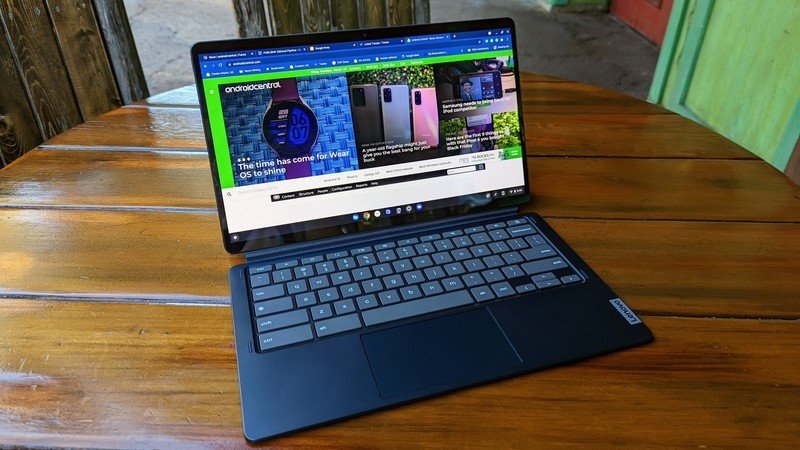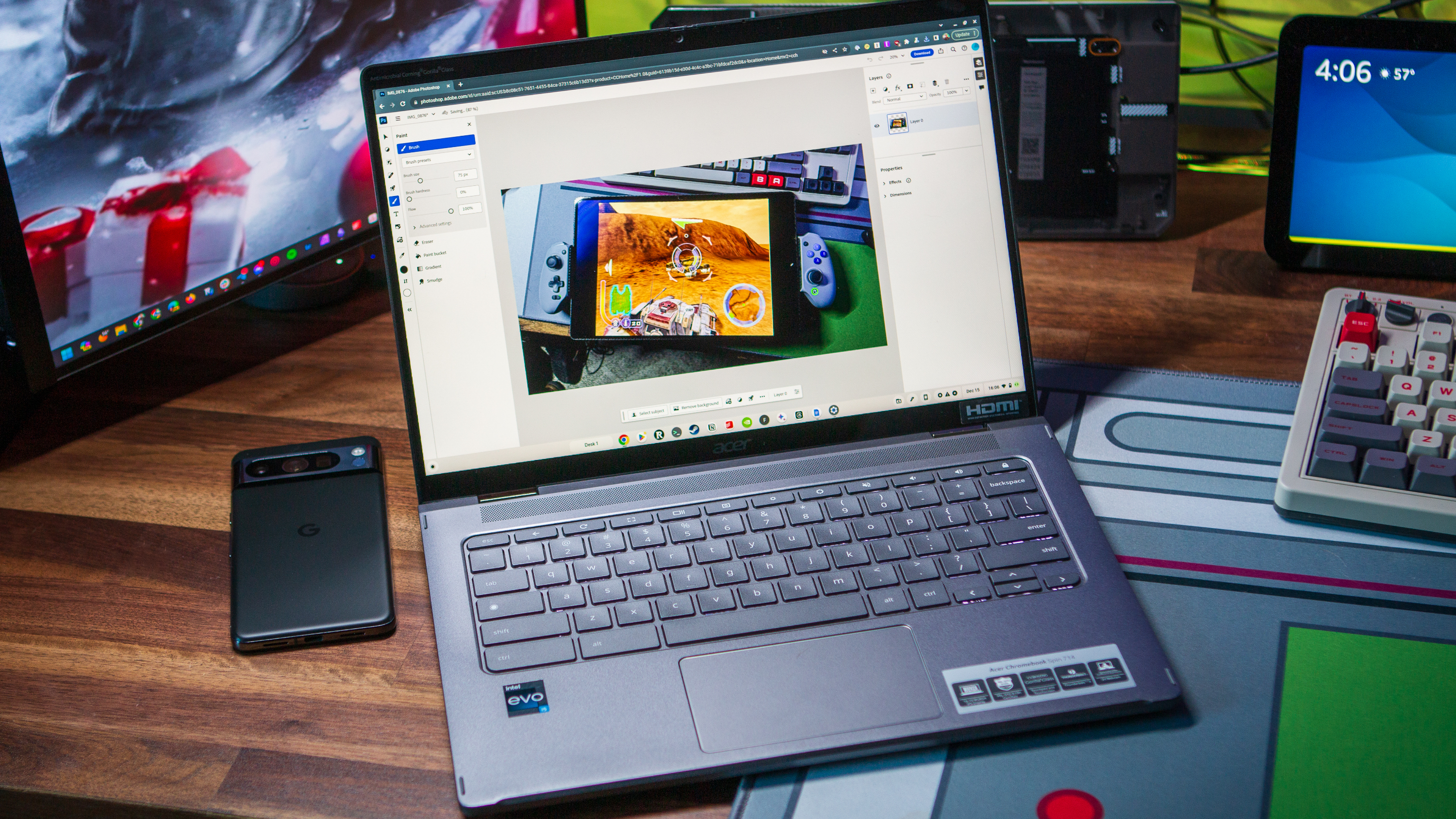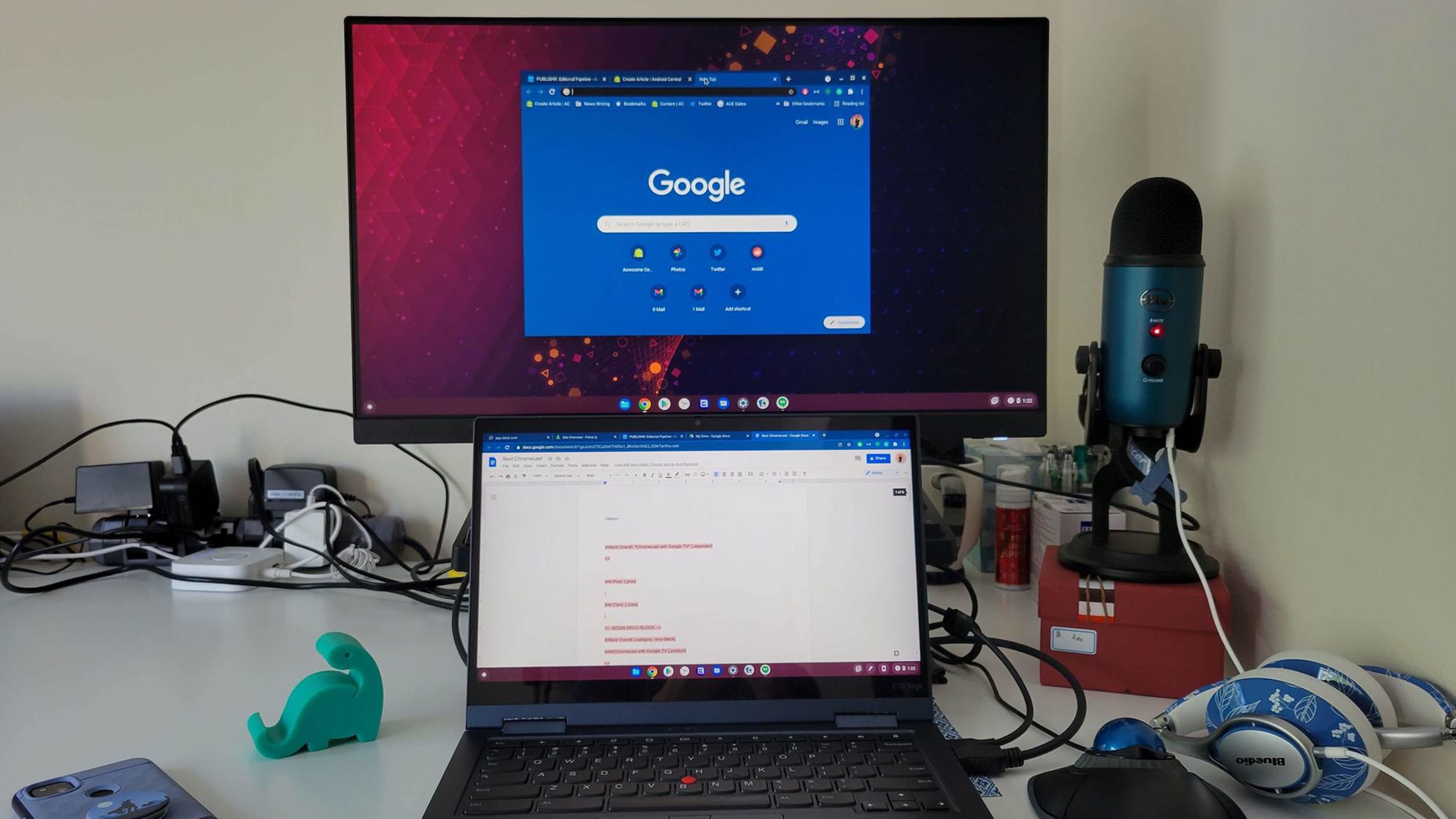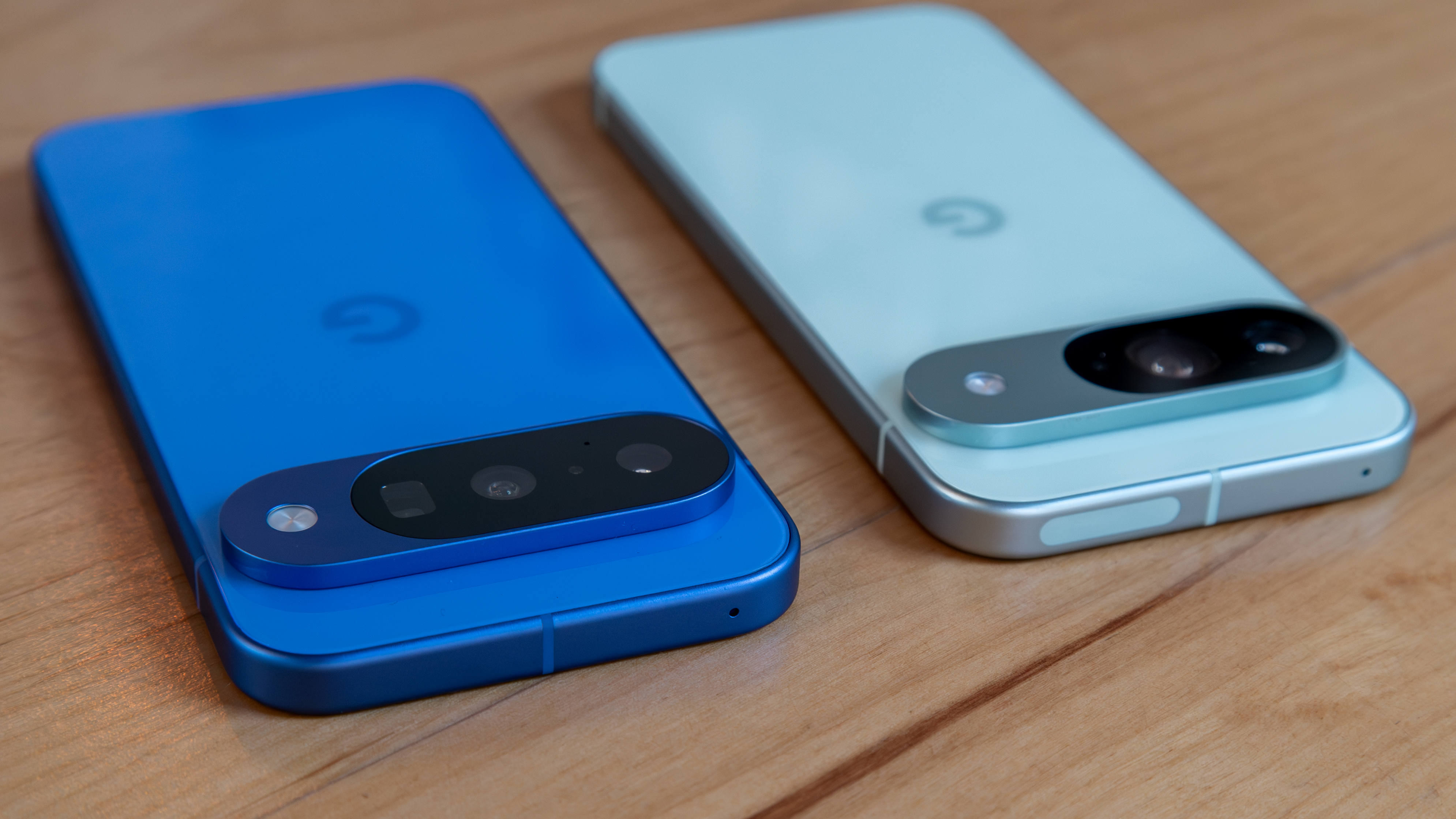ChromeOS is undergoing major changes, and Lacros is the first casualty
The experimental Lacros browser will be retired as Google shifts ChromeOS to the Android stack.

What you need to know
- Google is discontinuing Lacros, an experimental Chrome browser designed for ChromeOS.
- The move comes as the company shifts ChromeOS to development on large portions of the Android stack.
- However, Google's plans aren't changing — it hopes to achieve the same goals with ChromeOS and Android that it wanted to with Lacros.
For about the last year, it seemed like Lacros was the future of ChromeOS. It's an experimental Chrome browser designed for Chromebooks, and it stands for "Linux And ChRome OS." The idea is simple — ChromeOS and the Chrome browser are too intertwined right now, which is limiting. You can't update one without updating another, and this becomes quite a problem when your Chromebook doesn't receive OS updates anymore.
Macs and PCs also have end-of-support timeframes, and devices will eventually stop receiving macOS or Windows updates. However, these computers can still download the latest version of Chrome for many years after they stop receiving OS updates. ChromeOS can't match that experience because of the deep ties between the browser and the operating system. That's a problem since an insecure browser can open users up to cybersecurity threats.
To date, Google's solution to this problem has been Lacros. It would decouple Chrome and ChromeOS, making it possible to issue browser updates separate from OS updates. That's changing, the company shared in a community post.
"Back in August 2023, we previewed our work on an experimental version of Chrome browser for ChromeOS named Lacros, " a Chrome support manager for Google explained. "The original intention was to allow Chrome browsers on Chromebooks to swiftly get the latest features and security updates without needing a full OS update."
The post announced that Google will move away from Lacros entirely, discontinuing it as of ChromeOS 128.
"As we refocus our efforts on achieving similar objectives with ChromeOS embracing portions of the Android stack, we have decided to end support for this experiment," the post continued. "We believe this will be a more effective way to help accelerate the pace of innovation on Chromebook."

This move won't really impact ChromeOS users since Lacros was always an experimental feature. It's a behind-the-scenes shift for Google, and it isn't surprising following its announcement that ChromeOS will be built on the Android stack moving forward. These two platforms are growing closer, and following Google's consolidation of the Pixel hardware and Android software teams, this will likely continue.
Get the latest news from Android Central, your trusted companion in the world of Android
In many ways, this seems like a positive change. There have been times in the past where it felt like Google wasn't making moves cohesively — where some parts of the company wasn't working in coordination with the others. Now, we're moving toward a future where Pixel hardware, Android software, and ChromeOS development may all continue in a united fashion.
Lacros wasn't a wasted experiment, though. Google says that it learned a few things from beta testers, and already applied improvements to ChromeOS based on user feedback. The company specifically mentions faster login time and enhanced battery life during video playback as areas where the operating system was improved thanks to Lacros testing.
Should we be disappointed that Lacros is no more?

It's easy to jump on the "Killed by Google" bandwagon — the company does discontinue a lot of products. However, it's time to pump the brakes a bit in this case. Lacros being discontinued is akin to Google shuttering an internal project that you never even knew existed. It was an experiment, and that's important to remember here.
The good thing is that Google isn't dropping the goal of Lacros, which is to make Chrome more independent from ChromeOS. That's still something Google is working toward, it's just taking a different route to get there. Building ChromeOS on the Android stack is believed to result in many of the same benefits as Lacros. It's really a non-issue as far as Chromebook users are concerned.
The real question is whether the switch will impact how far out these ChromeOS improvements are. The Lacros browser has existed for years, and Google spent roughly one of those years testing it on ChromeOS. Now that the company is moving to Android-based development, it could take longer for ChromeOS to see the improvements Lacros was set to bring. That is pure speculation, but it is true that Google is essentially tossing aside the work it did on Lacros outside of what has already made its way into ChromeOS.
It's also possible that Google, having extensive familiarity with Android as its developer, could bring these changes to ChromeOS more rapidly. We've already seen the company use the Android Linux kernel and Android frameworks to improve ChromeOS. For example, ChromeOS shifted its Bluetooth stack from a Linux-based solution to the Android stack called Fluoride. That project started in 2021, so more behind-the-scenes work could already be in progress.
To sum up, we don't really know how Google's choice of Android over Lacros will affect ChromeOS in the long term. For now, we know that the discontinuation of Lacros won't affect end users. Google still plans to release monthly updates and security fixes for ChromeOS. As such, you probably shouldn't put too much stock into Lacros' departure.

Brady is a tech journalist for Android Central, with a focus on news, phones, tablets, audio, wearables, and software. He has spent the last three years reporting and commenting on all things related to consumer technology for various publications. Brady graduated from St. John's University with a bachelor's degree in journalism. His work has been published in XDA, Android Police, Tech Advisor, iMore, Screen Rant, and Android Headlines. When he isn't experimenting with the latest tech, you can find Brady running or watching Big East basketball.
You must confirm your public display name before commenting
Please logout and then login again, you will then be prompted to enter your display name.
